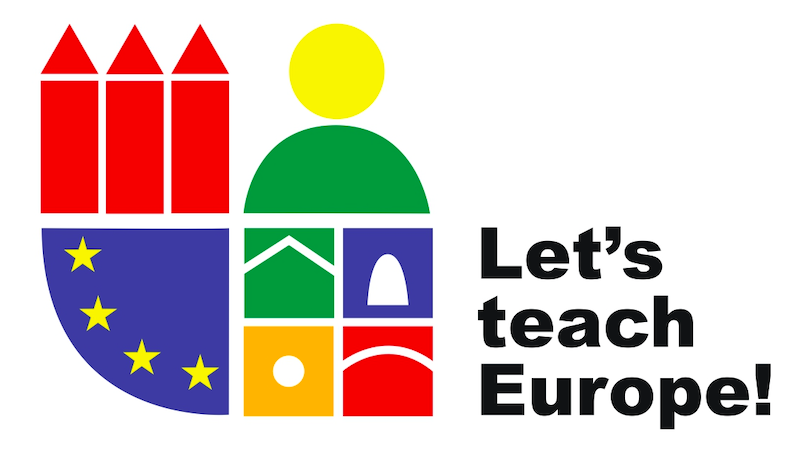Project Summary
According to the Eurobarometer, a large majority of respondents (88%) agree that Europe’s cultural heritage should be taught in schools, as it tells us about our history and culture. (Special Eurobarometer Report, Cultural Heritage, 2017). Adult education has a key role here. Adult and senior learners usually haven't receive successful European Heritage educations in their adolescence, which leads to euro-skepticism that has become visible and stable through public opinion in EU countries. For decades, the relation between cultural heritage and education was usually boring, passive visits to museums, restricted to observing historic monuments, focusing on the chronological history of events which lacked a connection with learners’ life experiences. Now, cultural heritage has a broader meaning. It shapes our everyday life, surrounds us in natural landscapes and archaeological sites. It is found in literature, art and objects, but also in the stories we tell children, the food and films we enjoy. Cultural heritage defines who we are and strengthens our sense of belonging to a common European family.
Language school is a perfect place for culture education as students here are usually passionate about languages, ready to develop intercultural skills and their knowledge of other traditions, norms of behaviour and heritage. Partner organisations decided to respond to the need of modern teaching European Heritage to adult and senior learners. They will develop the idea of treating European heritage as a pedagogical and integration tool. It will be perceived as a carrier of important knowledge and common values.
The project participants from partner organisations from Poland, UK, Italy and Spain will be adults or seniors - students and educators (both teaching and administrative staff responsible for educational offer). All of them will be invited to many local activities, some of them will also be selected to take part in the international training activities in partner countries. Participants will receive knowledge about this richness of Europe, as well as deepen the knowledge of their own culture. Educators participating in the project will develop their competences, exchange good practices, ideas and get necessary skills and inspiration to implement many creative lessons and activities, which will promote and support culture and European heritage.
The aim of this project is to create opportunities for adults and seniors (both educators and students), to increase their educational opportunities and social activation, but also to develop their knowledge of European heritage and increase the sense of responsibility for shared cultural and environmental European values. This attitude will contribute to European integration as a social value and it will affect the cultural sensitivity of the European community. The strategic partnership will bring a wide knowledge about our common cultural heritage, encouraging everyone to learn about this European wealth. This knowledge will be promoted and disseminated widely. Descriptions of visited places, routes developed, prepared photos and videos will be presented on the project website which will be an information base on the cultural heritage of Europe. This site will be publicly available, participants will able to post their own impressions, descriptions, comments, photos and videos about places, customs, traditions they have experienced. In this way the main objective of the project will be achieved, which is to increase the opportunities to learn about the European heritage and to contribute to the integration and strengthening of the sense of pride and unity of the EU.At the same time, as participants will be adults and seniors, the project activities will promote Erasmus+ program among different generations with view to building and adding solidity to the European identity.
This project should be carried out transnationally by the organisations from 4 culturally different regions of Europe, sharing similar goals but having different experience and Heritage. Thanks to this, the partnership created will provide great opportunities to strengthen partner organisations and enrich their educational activities. Developing strategic relationships between 4 institutions will allow them to face together the challenges of the adult education - constant need of developing staff's competencies and improving their educational offers to strengthen adult learners' motivation for lifelong learning as well as struggling with euro-skepticism. The exchange of experiences, good practices, ideas as well as working together on project implementation will help to improve their existing programs, activities. Obtained additional experience, new information resources, and educational materials for new programs will improve their quality of educational work. Partners assume lasting future collaborative relationships between organisations even outside the partnership for future actions.
